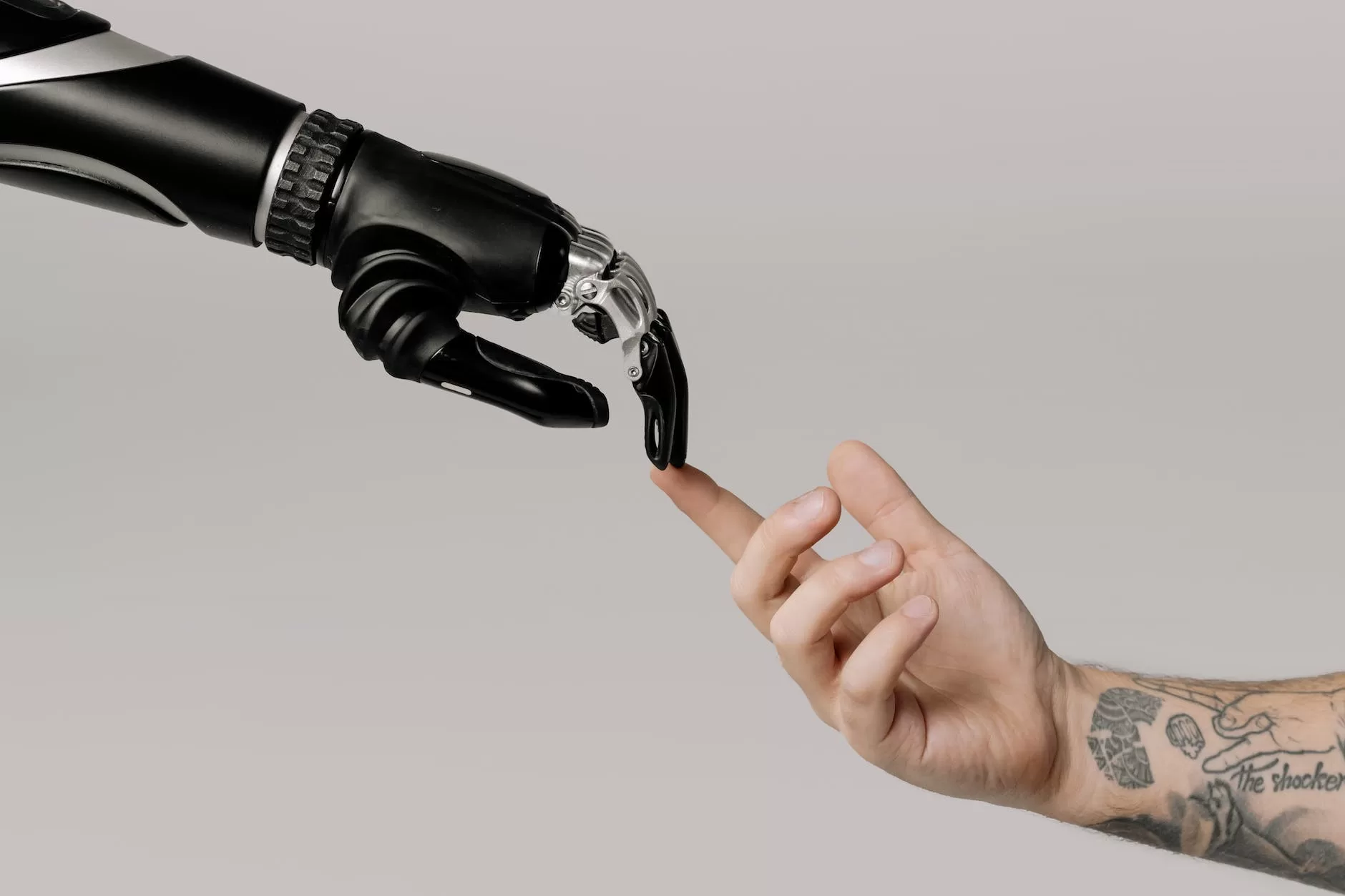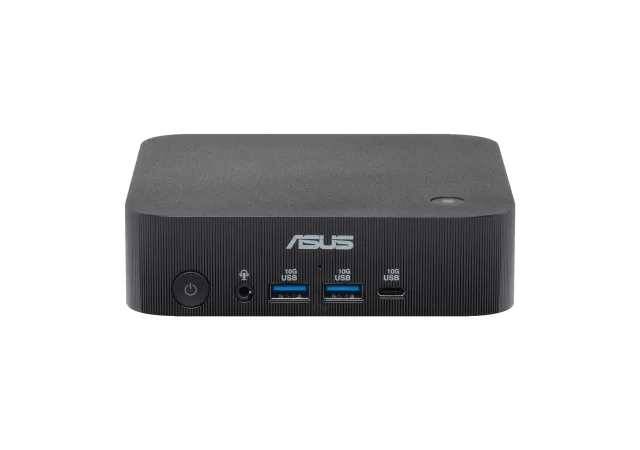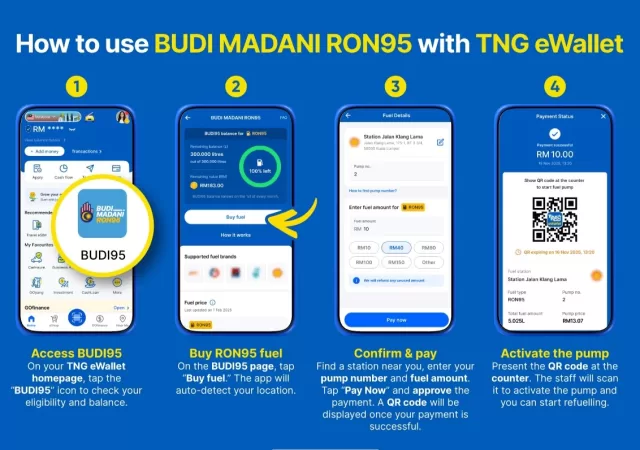“Artificial Intelligence (AI) is revolutionising the way we work.” This phrase is undoubtedly something that we’ve become so familiar with over the past few years. However, we’ve yet to see the impact of AI outside manufacturing and data science – that is – until now. With generative AI taking centre stage thanks to services like OpenAI’s ChatGP, that phrase couldn’t be more relevant. AI is taking the leap from automation to contextual intelligence which will benefit more people across more industries.
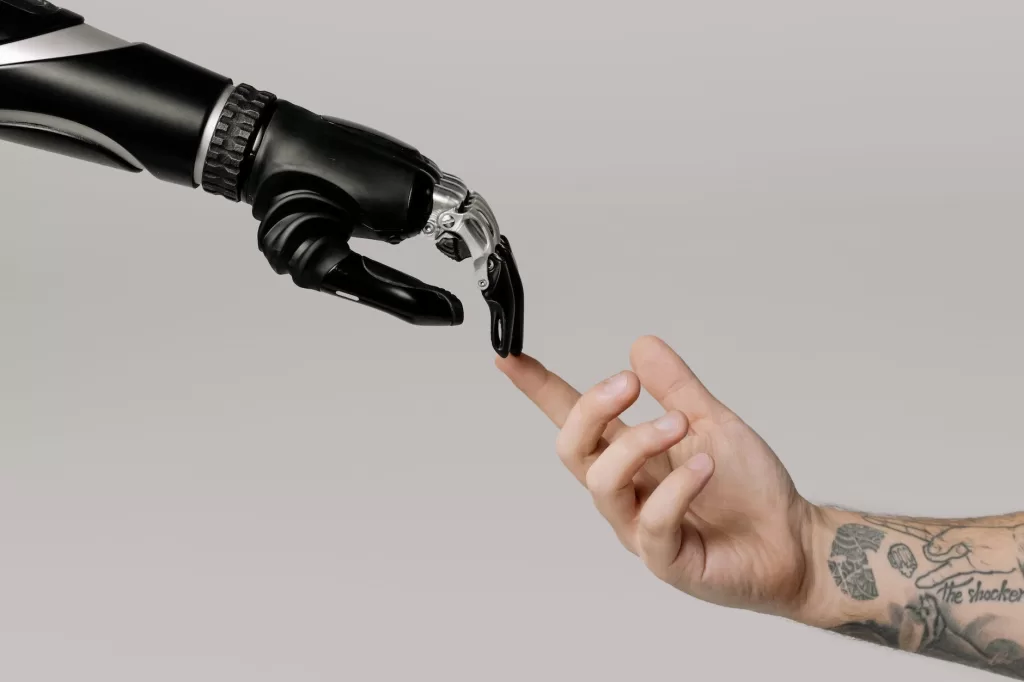
In the time since the pandemic, we’ve seen a revolution in the digitization of work. A large portion of workers – like ourselves – are still finding themselves working remotely to be more productive and reduce time wasted in commutes. In fact, Microsoft’s 2021 and 2022 Work Trend Index drew sharp focus on the subject. This year, the conversation is turning towards Generative AI and its role in leapfrogging work to the next level.
A Digital Leap with A Heavy Digital Debt
Speaking of the digitization of work, the recent digital leap – while a long time coming – has resulted in workers accumulating digital debt. What exactly is this? It’s that backlog of emails, that information dump, the work chats and even those meetings and their minutes that continue to pile up even as we work through them. While the digital leap we just experienced has been amazing for work and interpersonal communication, we’re finding it harder to cope with the sheer volume of information and communication we generate.
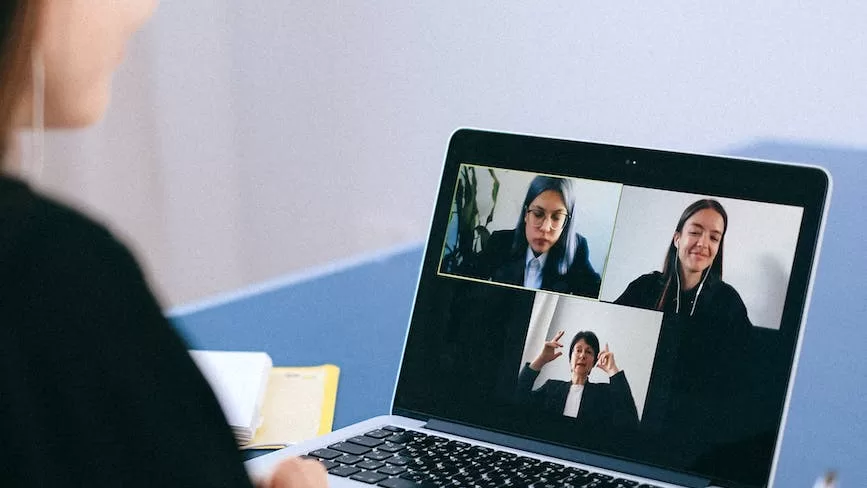
In fact, Microsoft’s Work Trend Index found that 2 full work days are spent simply dealing with emails and inefficient meetings. This is exacerbated by the fact that we’re in 3 times more meetings at work since the pandemic. Leadership in organisations have also taken notice. They note that workers are spending too much time with their noses to the grindstone and not enough time innovating. This has created an increase in productivity but a lag in results. 77% of Malaysian respondents in Microsoft’s survey noted that they don’t have enough time and energy to get work done. This isn’t surprising given that we’re dealing with a continually growing digital debt.

“As work evolves with AI, leaders and employees alike are looking at how technology can help them be more productive in their workplace. With AI, there is now an opportunity for us to reimagine the way we work and collaborate in the workplace of the future.”
AI and, in particular, generative AI like ChatGPT and Microsoft’s Copilot are part of the solution in dealing with this digital debt. They will help workers and leaders discern signals from the immense volume of noise. Relevant information can be distilled from data both internally and on the open web in seconds saving hours of work. What’s more, AI like Copilot will be able to help create effective meetings and eventually create a leap in innovation thanks to the offloading of menial tasks to these AI. In tandem with this, leaders and employees may shift to a more asynchronous form of communication allowing for more effective communications and meetings overall.
AI Isn’t Here to Replace, It’s Here to Augment
With the increased adoption of AI in work, many of us are feeling the pinch of possibly being replaced by a soul-less tool. 62% of the respondents to Microsoft’s Work Trend Index in Malaysia share this concern. While this may be true in essence, what we will expect to see in the coming years is the integration of AI into our work to lessen repetitive work. Perhaps, this will mean that some of our job roles will change.

We’re already seeing a large portion of workers and leaders willing to offload and delegate work to AI to lessen workloads. A whopping 84% of respondents indicated such. These tasks can be administrative, analytical or even creative. Yes, while it is concerning that even creative tasks can be offloaded to AI, there’s an evolution of work that will be spurred by this which will, hopefully, spur an increase in innovative work and boost productivity. This is where most Malaysian managers find the most value in AI.
However, what will develop is an AI-employee alliance in which work is completed through a complementary pair of AI insight and employee ingenuity. This will necessitate employees and workers to have an aptitude for using AI. While it’s still early days when it comes to discerning skills that are AI-specific in the workforce, Microsoft has identified some key competencies that will be crucial for workers. 90% of leaders already anticipate this need.
A Need for AI Skills to Empower a Better Copilot
That said, employees will need to develop core competencies that will empower them to leverage AI as an integral tool for productivity. While digital skills still remain a pain point for employers, already 76% of Malaysians feel they are ill-equipped when it comes to AI skills.

The need to use and familiarise yourself with AI tools like ChatGPT cannot be overemphasized at this point. It’s no longer a question of “if” but one of “when” generative AI will make its way into your workflow. Getting to know how to prompt Generative AI tools to get the right outcome will be one of the key competencies of the AI revolution. However, it will also be crucial to understand that these AI tools are simply that – tools to get the work done. They are copilots, not autopilots when it comes to getting work done.

“There is a need for a skilled workforce to reap the benefits of AI-powered technology and solutions. Human-AI collaboration is going to be critical as we shift from AI on autopilot to AI as our copilot. The most pressing opportunity and responsibility for every leader is to understand how to leverage AI to remove the drudgery of work, unleash creativity, and build AI aptitude,”
Industry leaders like Microsoft are already incorporating AI such as GPT and DALL-E into their offerings. With the recent announcement of Windows getting Bing’s GPT-enabled assistant, it comes as no surprise that Microsoft is also integrating its aptly named ‘Copilot’ into more products. In fact, their integrations are already being tested by some 600 enterprise customers including the likes of Chevron and Goodyear. Products like Microsoft 365 and Microsoft Viva will be benefiting most from this integration.
Copilot is already incorporated in products like Outlook, OneNote, Viva Learning, Whiteboard and PowerPoint. In Whiteboard, Copilot will enable more creative and effective meetings and brainstorms on Microsoft Teams. You will be able to prompt Copilot to generate and organise ideas, create designs and even summarize Whiteboard content. In OneNote, Copilot will be able to use prompts to draft plans, generate ideas, create lists and even organize information for easier reference. In apps like Outlook and Viva Learning, natural language will be used to customise learning journeys and empower better writing through tips and suggestions as well as designing learning paths for desired outcomes. PowerPoint will be getting a DALL-E infusion which will allow images to be customised to complete presentations.
As is already evident, the AI revolution is picking up steam. AI is quickly going to spur an evolution of work which will put its role in automation to shame. It will find a space nestled in the day-to-day workings of many industries. Workers like us will need to adopt, adapt and integrate generative AI in a way and at a scale that has not been seen before to accomplish more with less hassle.



